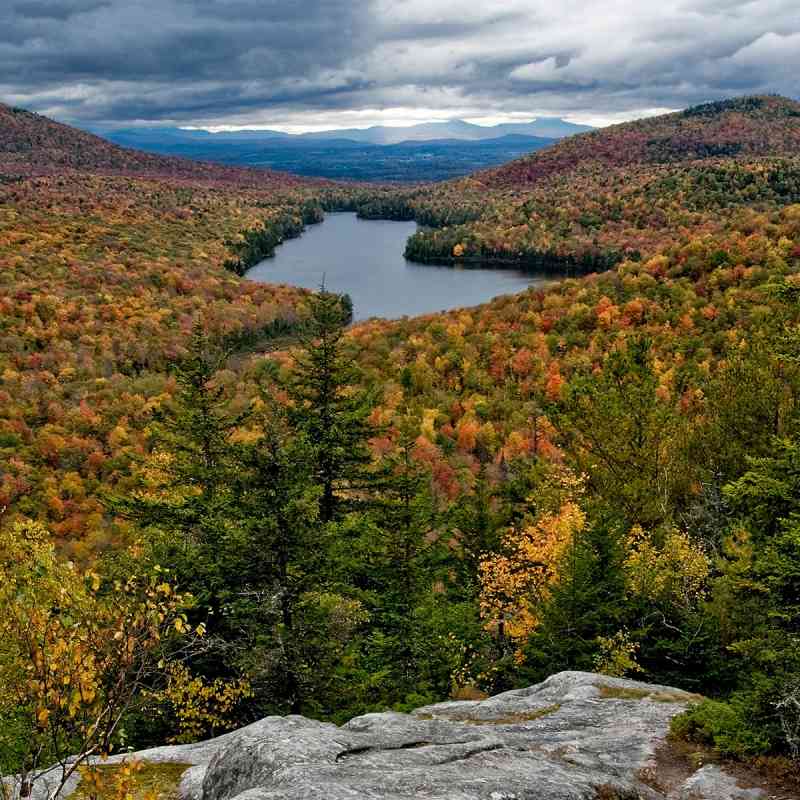Old-growth forests of the Pacific Northwest under fire
Ignoring the lessons learned from unsustainable clear-cutting in the 1970s and 1980s, Oregon politicians are pushing legislation that would dramatically accelerate logging in the heart of the Pacific Northwest, undermining known federal environmental laws and threatening imperiled species.
Commonly called O&C lands—after the failed Oregon and California Railroad whose land returned to the federal government in the early 1900s—these 2.6 million acres of public forests are key habitat for federally protected northern spotted owls and marbled murrelets. They also contain 600 miles of critical habitat salmon streams. In fact, nearly 90 percent of wild salmon populations in Oregon spend part of their lifecycle on O&C lands. These lands also provide habitat for nearly 800 plant and animal species of conservation concern.
The Bureau of Land Management (BLM) manages O&C lands as part of President Clinton’s 1994 Northwest Forest Plan to protect species dependent on old-growth forests, to ensure responsible, sustainable logging and to safeguard watersheds. The science-based plan addresses the problems caused by decades of excessive logging, decimated fish and wildlife populations and degraded streams.
But the latest proposal by Sen. Ron Wyden would dramatically change management of the O&C lands by setting aside large areas for logging without requiring environmental review of individual logging projects, such as the extent, location and timing of harvest. These details are crucial to assessing the impacts of timber sales on endangered species.
Instead, BLM would only have to conduct a cursory, once-a-decade, overarching environmental review. Legislation that significantly weakens environmental protections for land in Oregon would likely soon affect management of forestlands elsewhere, including in neighboring Washington and California.
“In a world subject to climate change and other dramatic impacts like fire, disease and insect infestations, it is unrealistic to think that we can successfully conserve and manage our forests without applying principles of adaptive management based on robust monitoring and the latest scientific information,” says Noah Matson, Defenders’ vice president of landscape conservation and climate adaptation. The bill also undermines the Clean Water Act by only measuring water-quality impacts two years after a timber harvest. This would mask all near-term negative impacts from logging.
“Our nation’s public forestlands are national treasures that provide a wealth of benefits to all Americans,” says Don Barry, Defenders’ senior vice president of conservation programs. “Weakening environmental reviews would upend decades of progress and revert back to the failed forest policies of the past. It would hold the production of timber above all other economic and social values in our federal forests and set a precedent that would open the door for the rest of the country.”
Only select articles from Defenders are available online. To receive 4 issues annually of the full award-winning magazine, become a member of Defenders of Wildlife!
Related


